There are many reasons to shop in bulk. For one, bulk shopping can minimize your impact on the environment by reducing the use of plastic bags and single-use packaging. Shopping in bulk can also save you hundreds of dollars and cut down on trips to the grocery store.
Buying in bulk can be intimidating, however. There are so many different items that you can buy in bulk that it’s difficult to know which ones actually make sense for you and your family. In this article, I want to break down bulk shopping for beginners. You’ll learn the best items to buy in bulk, which ones to avoid, and how to save a bundle while eliminating waste from your shopping trips.
The First Rule Of Bulk Shopping
The first rule of bulk shopping is to only buy items that you consume in large quantities. While it is tempting to take advantage of any bulk savings you find, reserve your budget for items you use frequently. Unnecessary bulk purchases just create more waste, take up valuable space in your home, and cost more money in the long run.
Before buying anything in bulk, ask yourself these questions:
- Is this something I’ve used in the past?
- Is this something I plan to use in the future?
- Is this something I consume a lot of? Is this an item that I need to frequently replenish?
If you answer “yes” to these questions, you may want to consider buying that item in bulk. If your answer is “no” to any of them, avoid bulk purchases. The answers to these questions will vary from person to person, but taking the time to consider them will provide a roadmap for you and your family.
What To Buy In Bulk
The best bulk purchases are items you use frequently that need to be replenished. Some items that may fall under this category include
- Paper towels
- Toilet paper
- Soap
- Toothpaste
- Cooking oils
- Pasta
- Rice
- Nuts
Many stores have sections with bulk bins that carry these items. Bulk bins are large canisters of unpackaged foods that allow customers to measure out the amount of food they want and transfer it to their own packaging. This makes bulk bin shopping great for the eco-conscious consumer.
To enjoy the ecological benefits of bulk bin shopping, it’s important to bring reusable containers to store your items. A cost-effective way to stock up on containers is to repurpose glass jars that once contained pasta sauce and jelly (rather than recycling them).
Related Post: Recycled Glass Bottles
Before filling up your reusable containers you’ll need to find the tare weight. The tare weight is the weight of the containers without any food in them. After you fill up your containers with all your bulk goodies, your cashier will subtract this number from the total weight of your containers. This ensures you only pay for the weight of the food you’re purchasing rather than the container too. This same concept applies to fresh produce and bulk meat as well.
If you want to speed up the process, I recommend investing in some reusable cotton produce bags. Reusable cotton bags are perfect for bulk bin shopping. They’re cheap, light, and even list the tare weight on their labels so you don’t need to weigh them at the store. If you don’t own any reusable containers, these cotton bags are great option.
What Not To Buy In Bulk
Not all bulk items are created equal. Well-planned bulk purchases can save money and prevent waste. However, buying the wrong things in bulk can end up costing you more and can have a negative impact on the environment.
So which bulk items should you avoid? To begin, steer clear of perishable foods. This includes fresh fruit and produce, as well as fish and poultry. These foods have a limited shelf life. Unless you’re planning a large meal, or have a lot of extra freezer space, perishable foods will likely go bad before you can use them.
In general, be cautious when buying in bulk for anything with an expiration date. A surprising number of foods and household items expire. Did you know that many kitchen spices (as well as common household goods such as sunscreen and lotion)expire? This doesn’t mean you can never buy larger quantities of these items, but make sure you’ll use them before their expiration date.
How To Tell If You’re Getting A Good Deal
New bulk shoppers must remember the words price per unit. Price per unit is how much you pay for a specific amount of an item. Some common price per units are price per pound and price per ounce.
While crunching numbers at the grocery store may seem like a headache, the equation for price per unit is simple. It’s something you can find out in a matter of seconds by punching a few numbers into your phone’s calculator. To find the price per unit use the equation:
price per unit = total price of item ÷ weight or quantity of items purchased
For instance, if you’re paying $12 for 3 pounds of peanuts the price per unit is $4 per pound. To get the best deals, look for bulk items where the price per unit is significantly lower than buying in a smaller quantity. The lower the price per unit, the better the deal for you.
Ideally, when you’re buying something in bulk, you’re getting a lower price per unit. However, this isn’t always the case. For instance, some items such as canned goods often have a lower price per unit in smaller containers. Calculating the price per unit before you make a purchase will ensure that you’re actually getting a good deal by buying in bulk.
Other Ways To Save When Buying Bulk
You can enjoy even more savings by looking for sales and discounts on bulk items. Sales allow you to stack up savings by getting a further discount on top of the amount you’re already saving by buying in bulk. Many stores give you additional discounts for larger purchases, so ask your local grocer if they offer any bulk discounts.
Using coupons with bulk purchases can also help you save more. Before your next trip to the store look online to see if they have any coupons for items you buy in bulk. To double down on your savings, combine your coupons with any in-store savings or deals.
Related Post: Frugal Living: Everything You Need To Know
If you’re looking for a specific time of year to plan a bulk shopping trip, mark the month of October on your calendar. October 16-22 is National Bulk Food Week. During this time, you can enjoy extra savings at many grocers and co-ops. Normal seasonal discounts usually apply to bulk items too, so be aware of what’s on sale at any given time of the year.
Pitfalls Of Buying In Bulk
A major pitfall of bulk shopping is not having enough storage space for your purchases. There’s nothing more frustrating than getting a great bulk deal, and realizing you have no place to store your items. You can avoid this pitfall with a little planning. Before going to the store, write down what you are going to buy in bulk and clear space ahead of time.
If you accidentally buy too much of something, you can reduce wastefulness by sharing with friends and neighbors. In fact, setting up bulk buying groups with people in your community can be a fun way to shop. It helps avoid clutter, saves you money, and gives you a reason to bond with friends.
Related Post: Recent Plastic Bag Bans
Another potential pitfall of bulk shopping is buying more than you can afford. While buying in bulk can save you money in the long run, there are significant upfront costs. If these expenses are too costly, you should not make large purchases. To avoid this pitfall, look up bulk prices in advance, and make sure they fit within your budget.





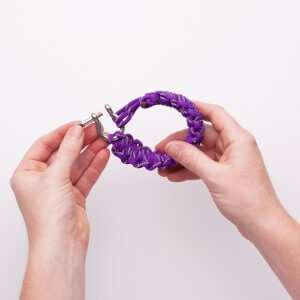

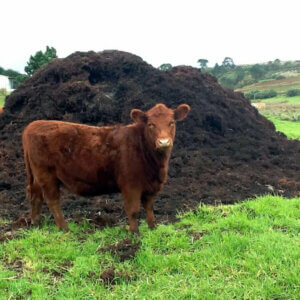


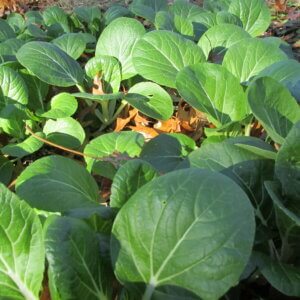

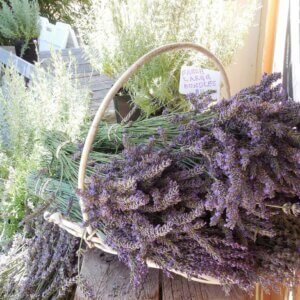








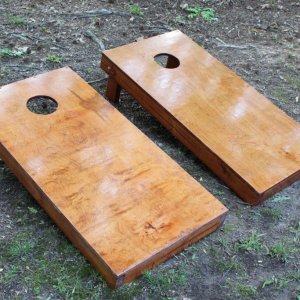



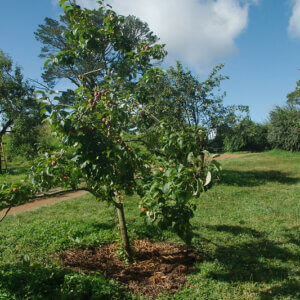

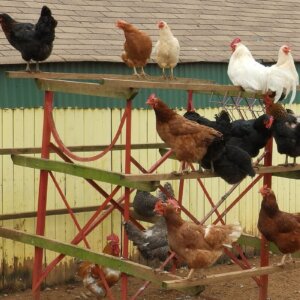


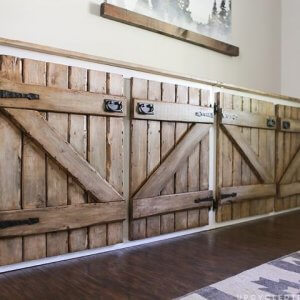
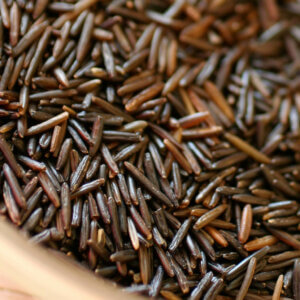

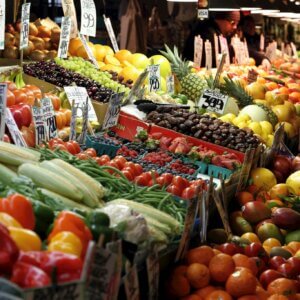
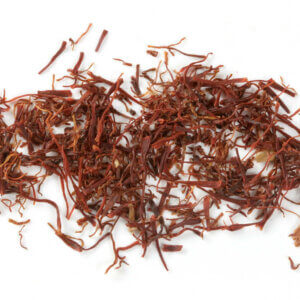







We buy tons of stuff in bulk! For folks who live in the more rural areas, where organic whole food is sometimes hard to come by unless you grow it yourself, it’s a really good choice. We practice tons of your tips–those reuseable cotton bags really do come in handy!
We buy some whole grains (for milling) in 50 pound bags, and we’ve found that the best way to store them is in food-grade 5 gallon buckets with Gamma Seal lids (https://www.usaemergencysupply.com/emergency-supplies/food-storage-equipment/gamma-seal-lids) . We can store these buckets in a garage or similar cool, dark area without any fear of mice and moisture getting in there–which is a real threat if you’re storing up large amounts of stuff at any one time!